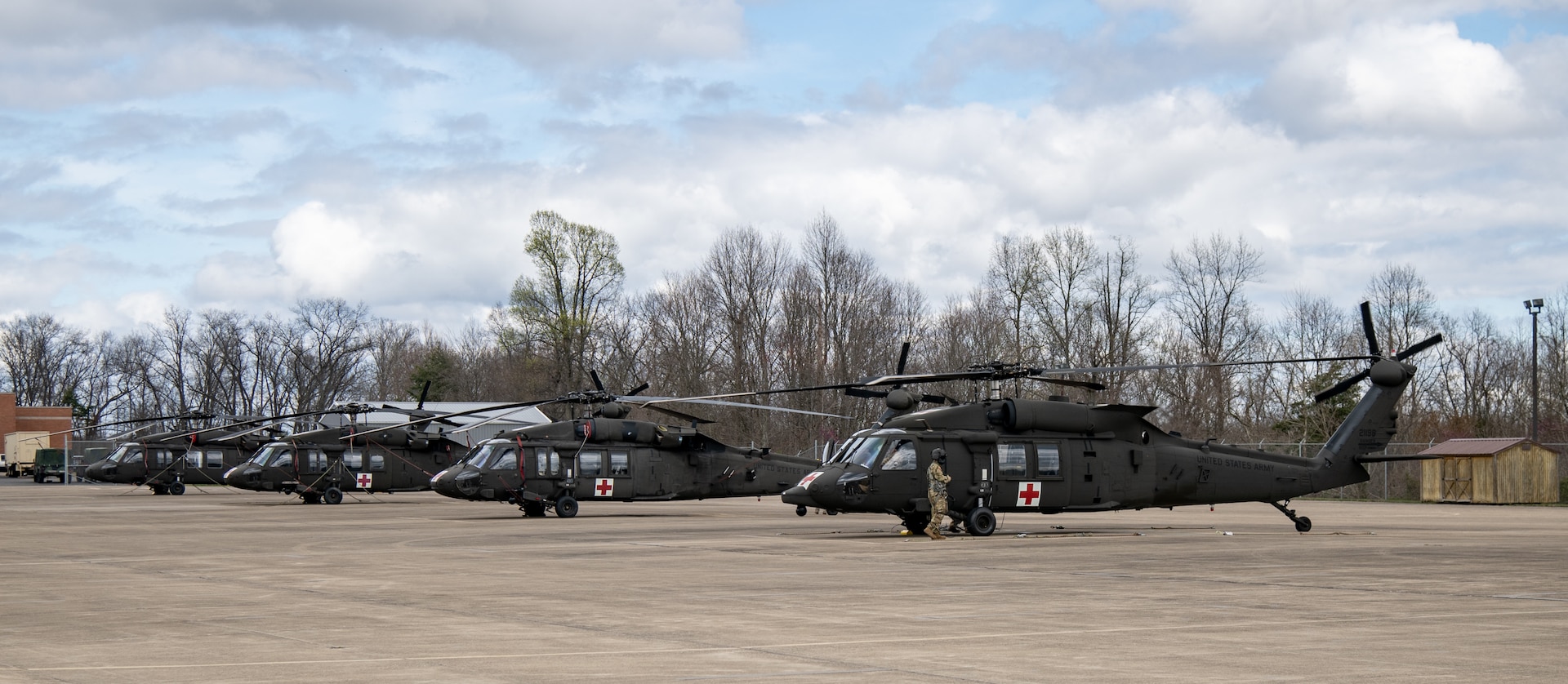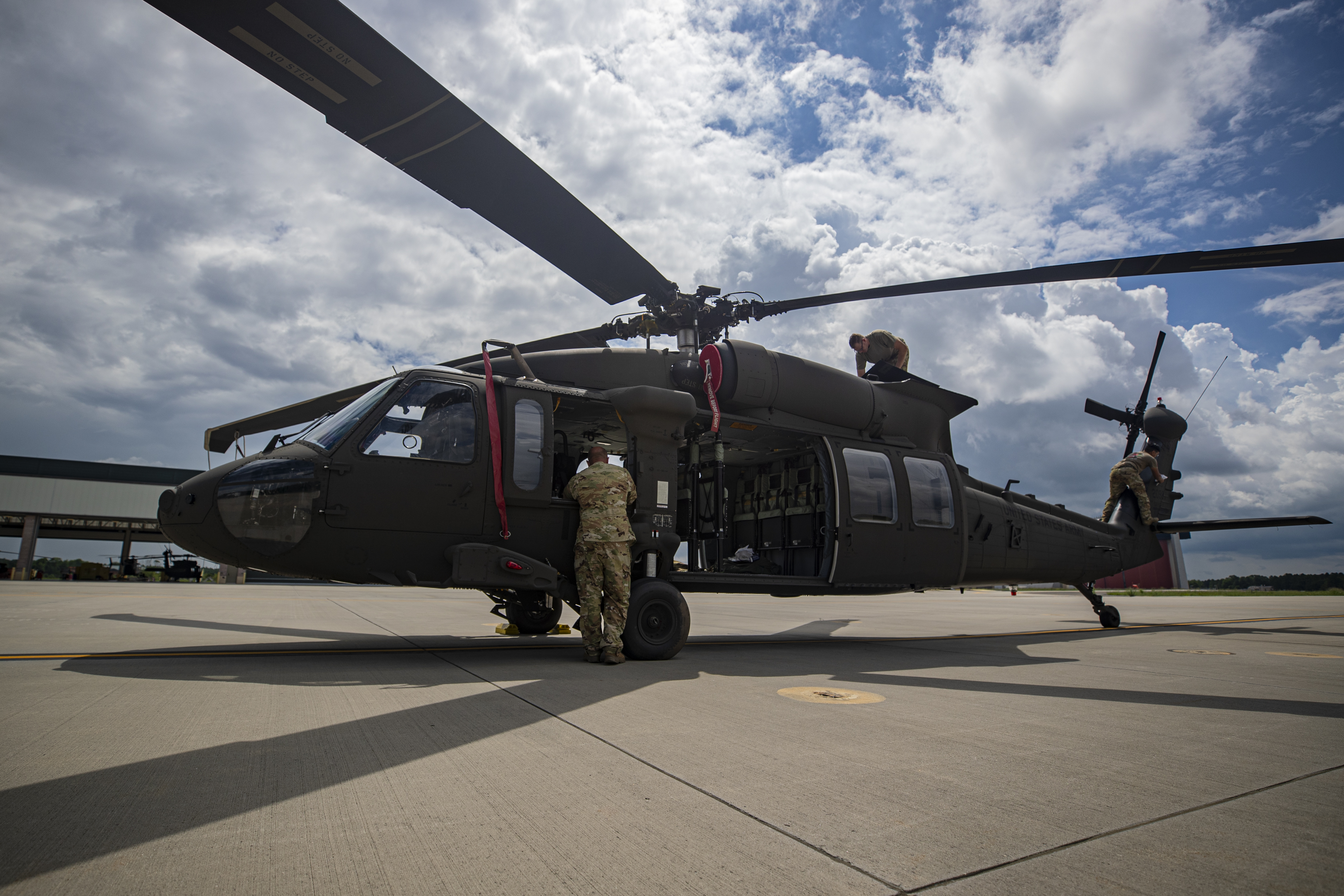UH 60 Black Hawk Helicopter Versions and Their Uses
UH 60 Black Hawk Helicopter Versions and Their Uses
Blog Article
The Impact of Lasting Practices on the Future of Aircraft Operations and Emissions Decrease
As the aviation market deals with boosting scrutiny over its ecological impact, the fostering of lasting techniques emerges as a crucial path towards future airplane operations and emissions decrease. Developments in lasting aeronautics gas and improvements in hybrid propulsion technologies stand at the leading edge of this improvement, appealing substantial decreases in greenhouse gas exhausts. The successful integration of these efforts pivots on a selection of elements, including governing frameworks and sector partnership. The question remains: exactly how will these progressing techniques improve the characteristics of flight and add to an extra lasting future?

Summary of Sustainable Practices
Sustainable practices in aircraft procedures incorporate a series of approaches targeted at decreasing environmental impact while maintaining operational effectiveness. These methods are important in the air travel market's dedication to decreasing its carbon footprint and adhering to international environmental criteria. Trick campaigns include enhancing trip courses to minimize fuel usage, boosting maintenance procedures to make sure airplane operate at peak effectiveness, and implementing sophisticated technologies such as winglets and lightweight materials that enhance aerodynamics.

Educating and involving team on sustainability techniques likewise play an essential function, promoting a society of environmental responsibility within organizations. In general, the integration of these lasting methods not only helps in reducing emissions but likewise improves the long-lasting feasibility of the air travel industry, guaranteeing it satisfies the demands of both clients and governing bodies while adding to international sustainability goals.
Innovative Fuel Alternatives
Many cutting-edge gas alternatives are emerging as critical remedies to reduce the air travel sector's dependence on standard fossil gas. Amongst these choices, Lasting Air travel Fuels (SAFs) have actually acquired substantial interest because of their prospective to decrease lifecycle greenhouse gas discharges by approximately 80% contrasted to standard jet gas. SAFs are originated from different feedstocks, consisting of waste oils, farming deposits, and also algae, making them a functional alternative for the sector.
One more appealing alternative is hydrogen gas, which, when made use of in fuel cells, generates just water vapor as a by-product. Additionally, electric propulsion systems are being discovered, leveraging battery modern technology to power aircraft.
Finally, biofuels stemmed from biomass are being checked out, providing a sustainable option that can be blended with standard fuels. Jointly, these innovative fuel choices stand for a critical action towards accomplishing a sustainable air travel community, lining up with global discharges reduction targets and boosting the market's ecological stewardship.
Technological Developments in Aeronautics

How can technological innovations reshape the future of aviation? Developments such as electric and hybrid propulsion systems are at the center, encouraging substantial decreases in fuel consumption and greenhouse gas exhausts.
In addition, the execution of innovative materials, such as lightweight compounds, contributes to boosted the rules of aerodynamics and fuel effectiveness. Using man-made knowledge and maker discovering in trip procedures maximizes path planning and lowers gas shed by enabling real-time adjustments based upon weather and web traffic problems. In addition, the advancement of independent and remotely piloted aircraft systems stands to transform freight and passenger transport, potentially enhancing efficiency while decreasing human mistake.
Moreover, lasting air travel technologies, consisting of sophisticated air web traffic administration systems, can simplify operations and decrease congestion, resulting in reduced exhausts during flight. These developments collectively stand for a paradigm change in aviation, promising a future where sustainability and operational efficiency are linked, thereby supporting the industry's commitment to minimizing its ecological influence.

Regulative Structure and Compliance
Taking into account the expanding focus on environmental stewardship within the aeronautics sector, the governing framework regulating aircraft operations is developing to promote lasting methods. Regulative bodies, continue reading this such as the International Civil Air Travel Organization (ICAO) and different nationwide aeronautics authorities, are presenting rigid standards focused on reducing discharges and boosting operational effectiveness.
These regulations often consist of the adoption of Sustainable Aeronautics Fuel (SAF), which has actually been recognized as an essential part in accomplishing lower carbon footprints. Compliance with these regulations calls for airline companies to apply advanced modern technologies and operational techniques, such as maximized flight courses and improved air traffic management, to More Info reduce fuel intake.
Furthermore, the enforcement of exhausts trading systems and carbon offsetting initiatives is becoming increasingly prevalent, engaging airline companies to check and report their exhausts properly. Non-compliance can result in significant penalties, therefore pushing operators to prioritize sustainability in their company models.
Eventually, the evolving regulatory landscape not just drives development and investment in environment-friendly modern technologies but additionally fosters a culture of responsibility within the aviation sector. As these frameworks continue to develop, the concentrate on lasting techniques will certainly be essential to accomplishing the sector's long-term ecological objectives.
Future Patterns in Airplane Workflow
As the air travel market adapts to a significantly strict governing atmosphere, future patterns in aircraft operations are set to focus on ingenious remedies that better improve sustainability and efficiency - uh 60. Trick growths will likely include the adoption of innovative air website traffic monitoring systems, which make use of real-time data and fabricated intelligence to maximize flight courses, minimizing gas intake and discharges
One more considerable trend is the enhanced assimilation of sustainable aeronautics fuels (SAFs) These options to standard jet fuel, stemmed from renewable sources, can considerably lower lifecycle greenhouse gas discharges. The market's commitment to SAFs will likely Find Out More speed up as airlines collaborate with gas producers to ensure availability and cost-effectiveness.
Additionally, the press in the direction of electrification and hybrid propulsion systems is gaining energy. Arising airplane layouts will include these innovations, using quieter and a lot more efficient operations, specifically for short-haul flights.
Verdict
To conclude, the combination of sustainable methods in airplane operations holds substantial possibility for exhausts decrease and boosted effectiveness. The fostering of sustainable air travel fuels, paired with advancements in hybrid and electrical propulsion systems, is vital for reducing lifecycle greenhouse gas exhausts. In addition, maximizing trip paths and accepting cutting-edge innovations add to a quieter and extra ecologically friendly air travel market. Collectively, these efforts line up with worldwide sustainability goals and lead the way for a greener future in aviation.
Innovations in lasting aeronautics fuels and improvements in hybrid propulsion innovations stand at the center of this change, encouraging substantial decreases in greenhouse gas discharges.Many cutting-edge fuel alternatives are arising as essential services to minimize the air travel industry's dependence on typical fossil fuels - uh 60. Amongst these choices, Sustainable Aviation Gas (SAFs) have obtained substantial attention due to their possible to reduce lifecycle greenhouse gas discharges by up to 80% compared to standard jet fuels.An additional substantial trend is the raised integration of sustainable air travel gas (SAFs) The adoption of sustainable aeronautics fuels, combined with developments in electric and hybrid propulsion systems, is essential for decreasing lifecycle greenhouse gas emissions
Report this page